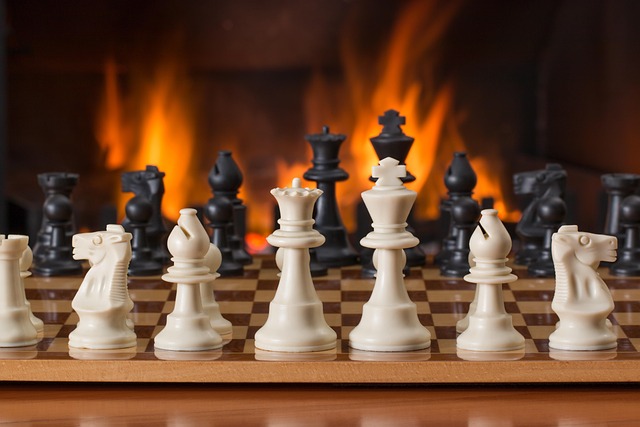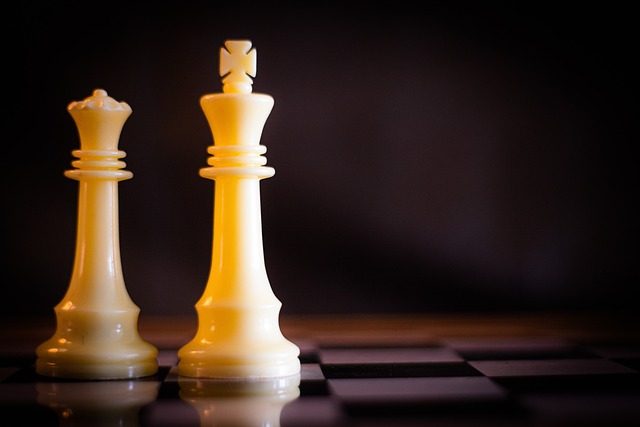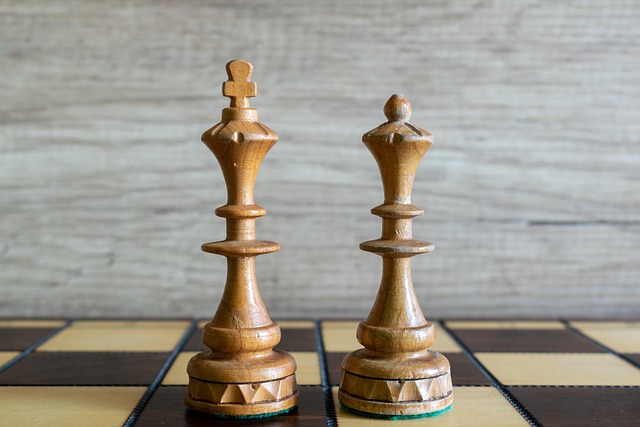The realm of gaming and eSports has evolved tremendously over the past decade, transforming from casual pastime into a highly competitive landscape. To excel in this environment, players must cultivate an understanding of game intelligence, a nuanced skill set that transcends mere reflexes and mechanical prowess. It’s about the ability to read the game, predict opponents’ moves, and make strategic decisions in real-time.
At its core, game intelligence can be defined as the confluence of knowledge, experience, and instinct. It encompasses everything from the awareness of map layouts in a first-person shooter to the intricate strategies involved in a multiplayer online battle arena (MOBA). Successful gamers invest considerable time understanding not just their preferred characters or champions, but also the unique dynamics of various game modes and rival teams.
Take MOBAs, for instance. Players need to understand not only their champion’s abilities but also how to counter others effectively. This means developing a deep knowledge of character matchups, synergistic team compositions, and even predicting the opposing team’s strategy based on their picks. Here, game intelligence becomes paramount, turning every match into a high-stakes chess game where anticipation and strategic foresight can make all the difference.
In eSports, this concept is magnified. Teams must work synergistically, with every member contributing to the overall strategy. Communication is integral; information must be relayed efficiently and accurately to make up for the incredibly short decision-making windows during gameplay. Teams often analyze past games meticulously, dissecting every movement and decision. Such a commitment to understanding game dynamics fuels the progression of game intelligence and enhances overall team performance.
Beyond coordination within teams, individuals can also boost their game intelligence through rigorous self-analysis. Watching replays, gathering feedback, and constantly seeking improvement can refine one’s strategic acumen. Gamers should ask themselves questions like: What went wrong in that last encounter? How could I have responded differently? This reflective practice is a core component of growth in both personal and competitive contexts.
Moreover, the tools available today offer unprecedented access to resources for honing game intelligence. Platforms like Twitch and YouTube are filled with guides, tutorials, and professional matches that offer insights into advanced strategies and character playstyles. Engaging with these resources is essential, as it expands players’ understanding of evolving meta-game strategies and techniques that can be leveraged during competitions.
As we immerse ourselves in the vibrant world of gaming, it’s crucial to remember that game intelligence is not merely an innate gift—it’s a crafted skill that anyone can develop. This actionable insight can be your greatest ally in navigating the complex universe of eSports and competitive gaming. With dedication, a willingness to learn, and a strategic mindset, anyone can elevate their gameplay and emerge victorious in this ever-challenging arena.




